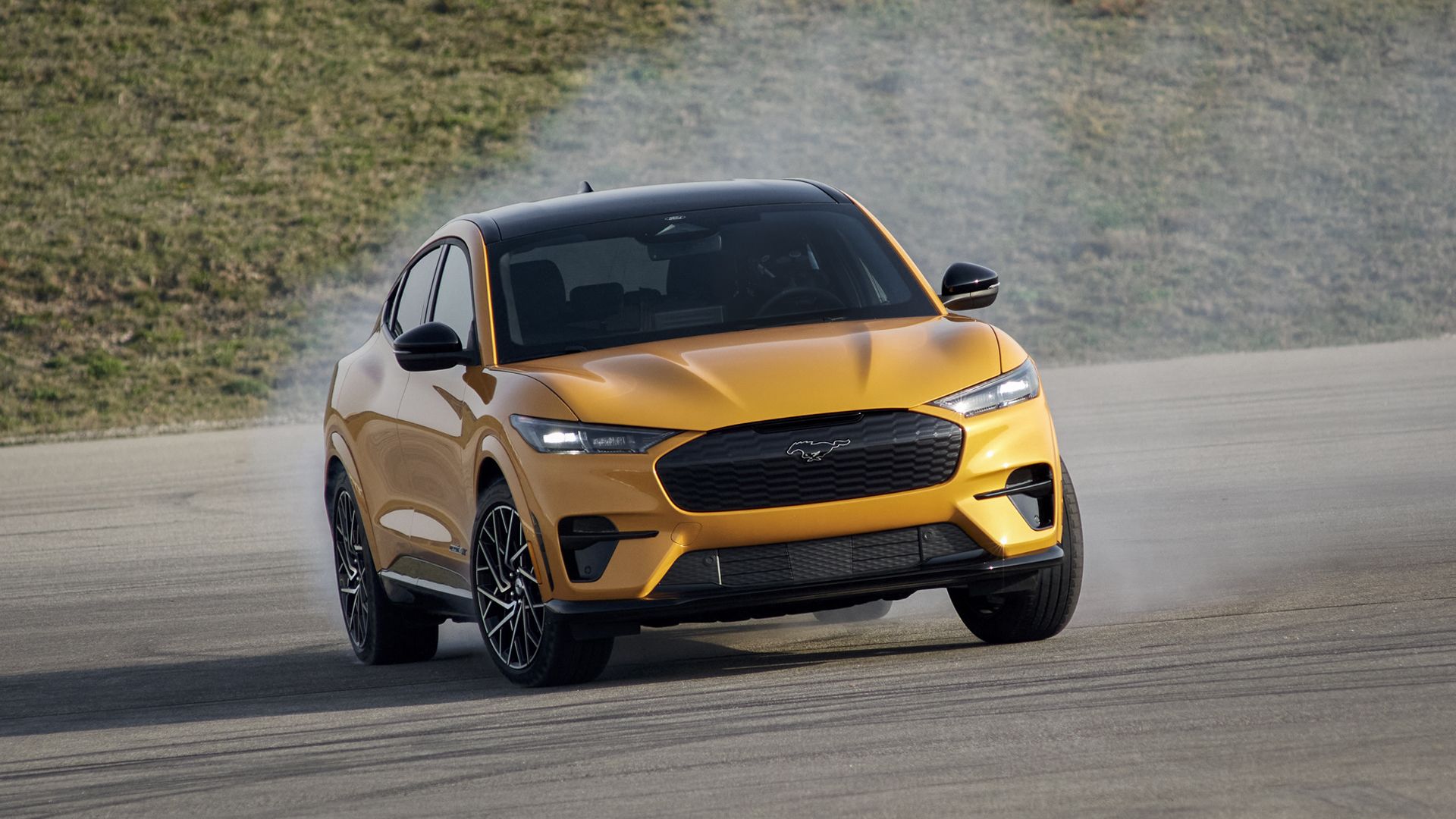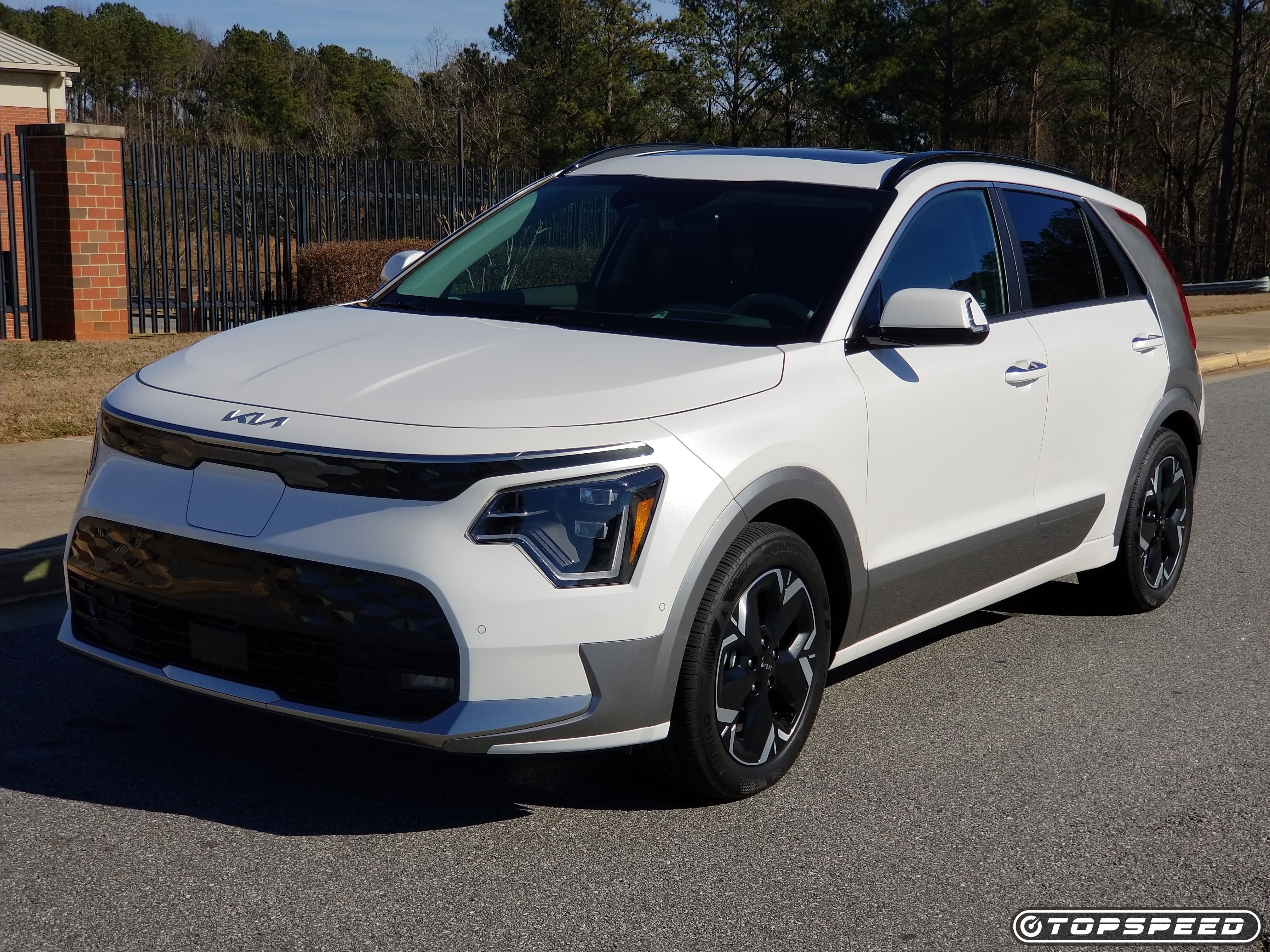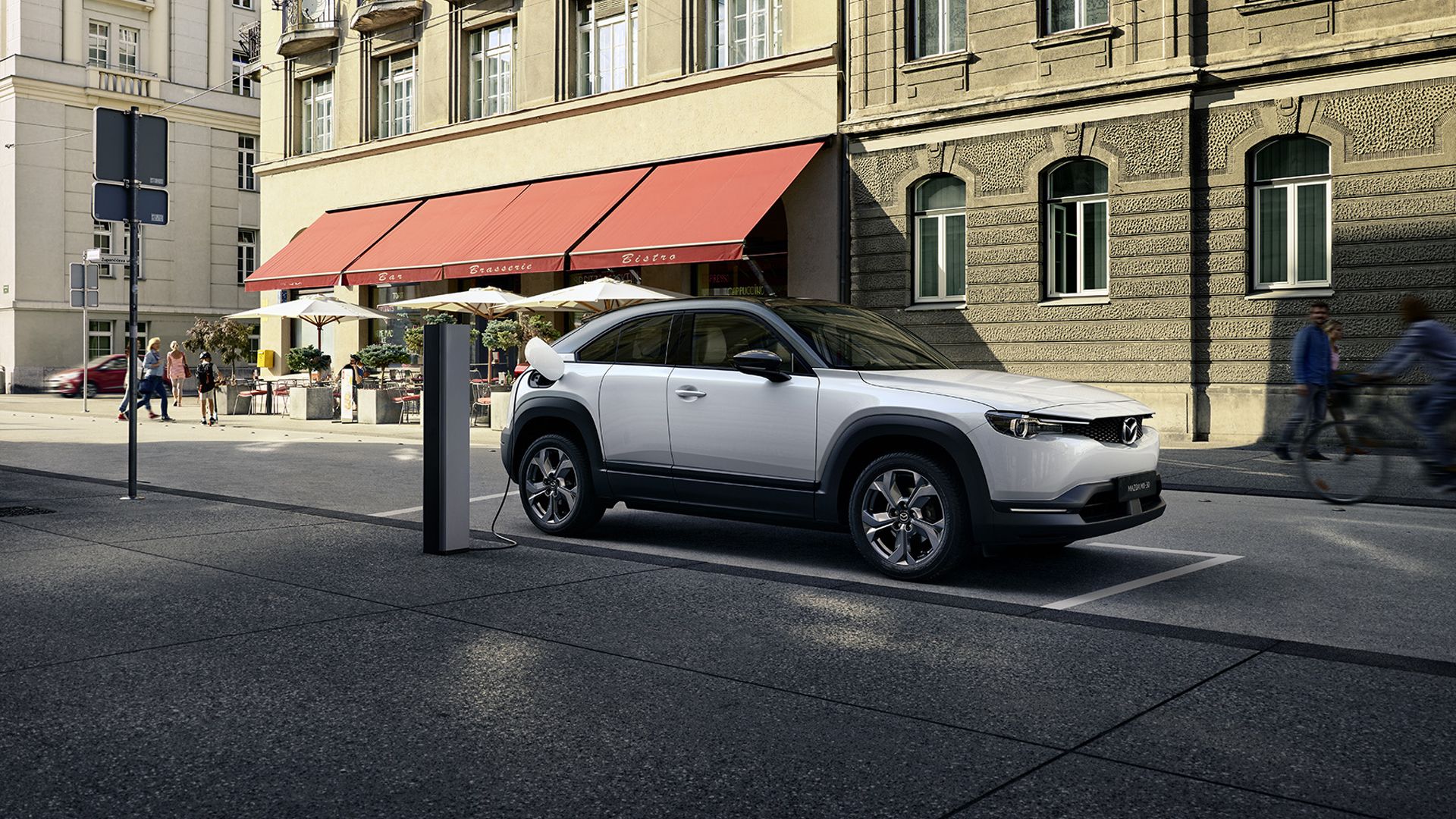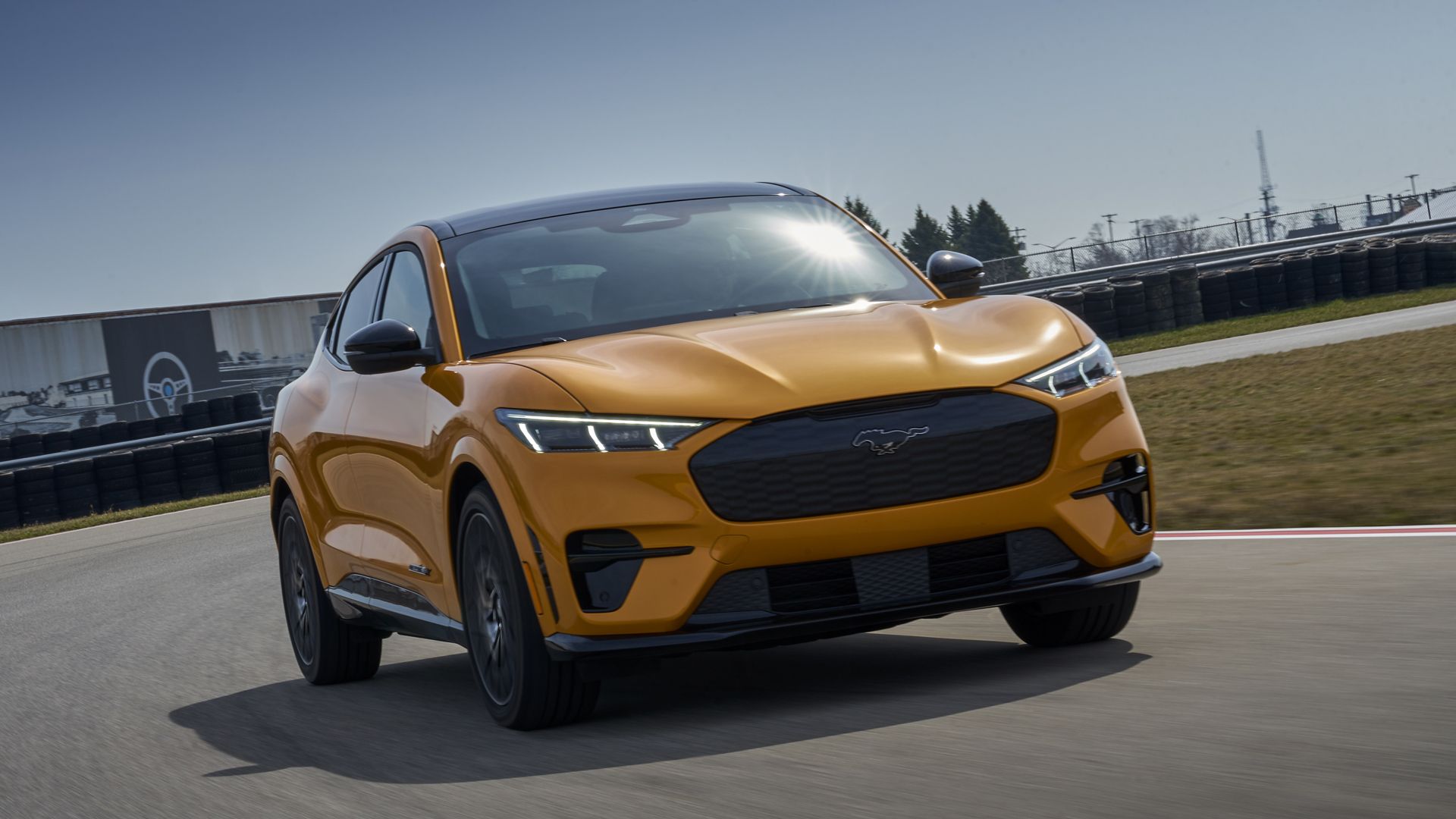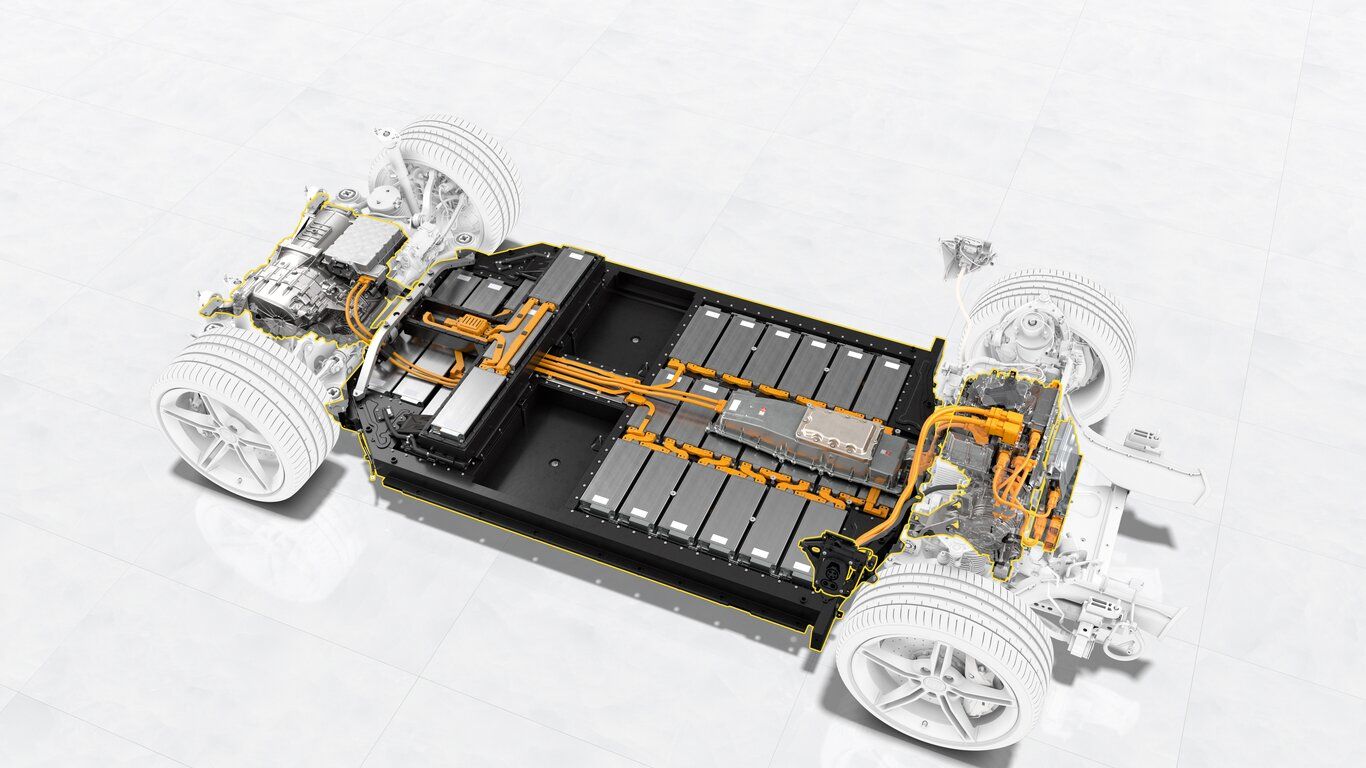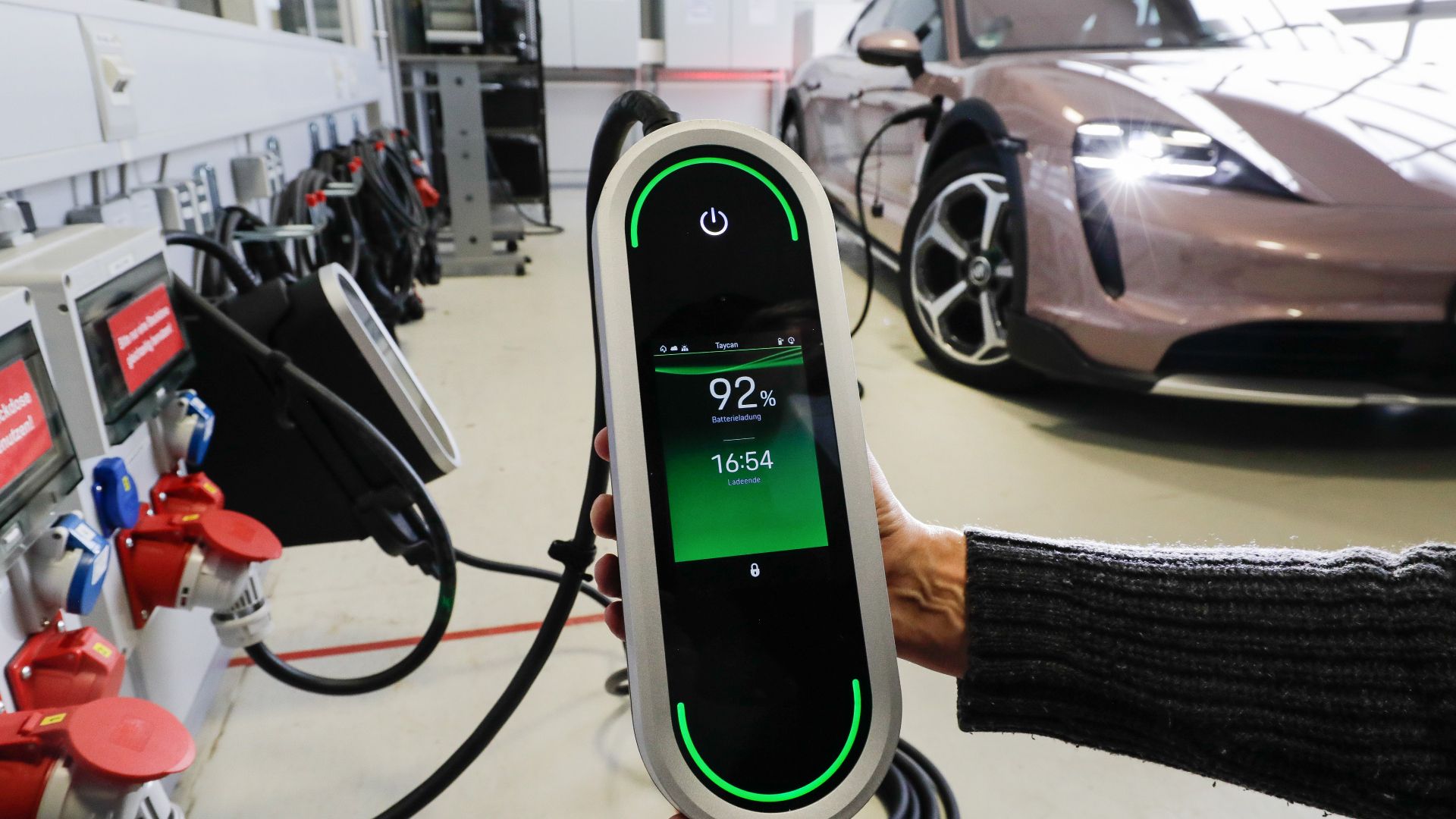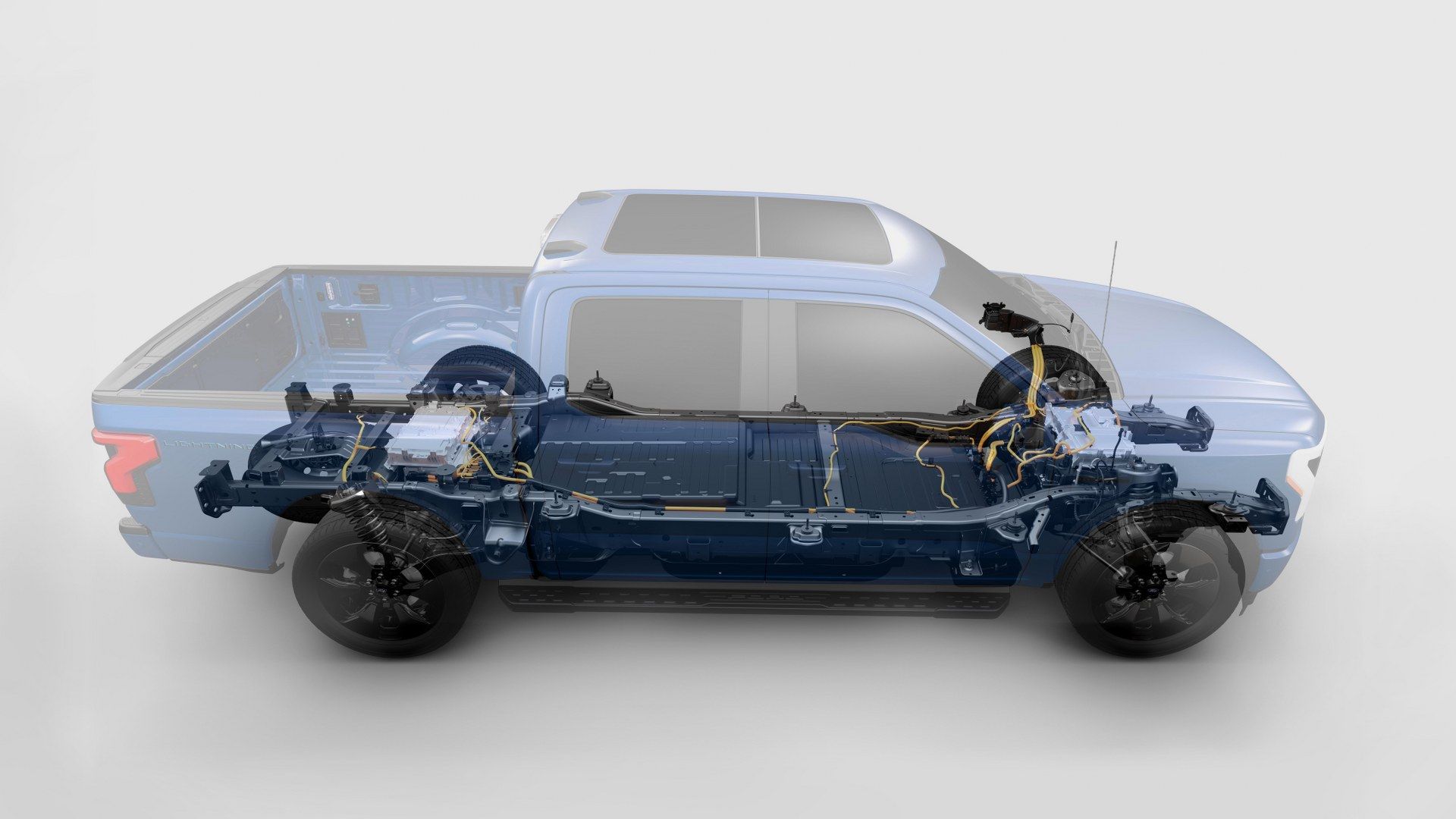Electric cars have been heralded as the future of transportation and for good reason. With their reduced carbon footprint and lower operating costs, electric cars offer a greener and more sustainable alternative to traditional gas-powered vehicles. However, while the benefits of electric cars are undeniable, some uncomfortable truths come with owning one. As with any revolutionary product, not everything is rosy, and it is good to be aware of the disadvantages as well. This by no means implies that electric vehicles should be scrapped, on the contrary: these are the challenges the industry will have to solve.
In other words, before making the switch from conventional to electric cars, it's important to understand the problems of owning an electric car. Some of these problems are the higher upfront cost of EVs than their ICEs counterparts or the limited range of electric cars, which can be a challenge on longer trips. Additionally, the charging infrastructure is not as developed as it needs to be, making finding a charging station challenging. There are these and other challenges the electric car industry will face (and is currently facing) around the world, particularly in the United States.
10 Range Anxiety Is A Problem
One of the biggest challenges of owning an electric car is the limited range, which can result in range anxiety. Even with advances in battery technology, the average range of EVs is still significantly less than that of traditional ICEs. The range of the former can vary from 100 to 300 miles depending on the vehicle, but if you want more than that you have to access top-of-the-line cars. This can be a major inconvenience for drivers, particularly those who frequently travel long distances: the fear of running out of power while on the road can cause anxiety and make electric cars less appealing to some consumers. These limitations and anxieties associated with range can be significant barriers to the mass adoption of electric vehicles.
9 Charging Station Infrastructure Is Still Not Enough
This issue exacerbates the previous problem: while the number of electric charging stations for cars is increasing, the infrastructure is still in its early stages. In the United States, the charging network is largely concentrated in urban areas, leaving rural areas with limited access, but even in urban areas, finding an available charging station can be challenging during peak periods. The lack of charging infrastructure is not unique to the U.S., it is also an issue in many other countries around the world. However, many countries are investing in building a comprehensive charging network, with some offering incentives to businesses and individuals to install charging stations. As electric cars become more popular, the charging infrastructure will likely continue to expand, but it will take time.
8 Higher Upfront Costs
Electric cars are more expensive than their gas-powered counterparts. This upfront cost can be substantial, and it can take several years of ownership to recover it from lower operating expenses. While EVs offer significant savings on fuel and maintenance costs over time, the initial purchase price can be much higher than an ICE. This is a serious problem at this stage of transition between the two types of cars. The process will eventually be completed and everyone will be using electric cars, but in the short term, this is a problem to be solved, especially in less developed countries.
7 The Battery Degradation Problem
While electric car batteries have improved significantly in recent years, battery degradation remains a potential issue. Over time, the battery's capacity to store and deliver power can decrease, resulting in a reduced driving range and the need for a costly replacement. However, car manufacturers are working to improve battery technology and extend the battery lifespan, reducing the likelihood of degradation. Some manufacturers offer warranties that cover battery degradation for a certain number of years or miles. Additionally, many electric car owners take measures to prolong their battery's lifespan, such as avoiding fast charging or charging to 100-percent. Despite these efforts, battery degradation remains a concern, and potential electric car buyers need to consider it when making their purchase decision.
6 Automakers Must Continue To Raise Charging Speed
Another uncomfortable truth about owning an electric car is the lack of charging speed compared to the speed of filling up a traditional gas-powered car. Even with the fastest chargers currently available, charging an electric car takes significantly longer than filling up a gas tank. This can be an issue for drivers who need to charge their vehicles quickly, such as it occurs during a long road trip or in an emergency. While some charging stations are located near amenities like restaurants or shopping centers, others are not, leaving drivers with few options for passing the time during a long charging session like turning to their cell phones or simply getting bored. However, faster charging solutions are coming as technology advances, and charging times will decrease in the coming years.
5 Cold Weather Can Affect Electric Cars
Winter weather can be a significant issue for electric cars, particularly in regions with freezing temperatures. Electric car batteries can be significantly impacted by cold weather, resulting in reduced driving range, longer charging times, and in some cases, battery damage (additionally, running the heater can further reduce the car's range and battery life). Electric car owners must be particularly cautious during the winter months, taking measures to protect the battery and conserve energy, such as preheating the car while it is still plugged in to conserve battery life. While electric car manufacturers are developing cold-weather packages and battery thermal management systems to address these issues, it is still important for electric car owners to plan for the reduced range and longer charging times that winters can cause.
4 There Are Still Not That Many Electric Models
Limited model options can be a drawback for those considering an electric car. While the number of electric car models has increased in recent years, the options are still limited compared to traditional gas-powered cars. This can make it more difficult for consumers to find an electric car that meets their specific needs and preferences. However, as demand for electric cars continues to grow, more automakers are investing in electric vehicle technology and developing new models, which will provide consumers with more options in the future. It is also true that most companies aspire to produce (or already do) exclusively electric cars in the next few years, so you can expect this to settle relatively soon.
3 Reduced Towing Capacity
This disadvantage is relative but should be taken into account. Reduced towing capacity is a potential drawback for those who frequently use their vehicles for trailering activities. While some EVs can tow, the towing capacity is generally lower than that of ICEs. The weight of the battery and other electric components can limit the car's ability to tow heavy loads, making it less practical for certain activities. However, some electric car manufacturers are working to improve their towing capacity, and some models are now available with more robust towing capabilities. On the other hand, this may not be a significant issue for those who don't frequently tow heavy loads, and the benefits of driving an electric car may outweigh the drawbacks in this area.
2 Low Sound Can Also Be A Problem
One potential disadvantage of electric cars is their low noise level. While many drivers appreciate the quiet ride, others may find the lack of engine noise to be disorienting or even dangerous: pedestrians and cyclists may not hear the car approaching, which can be a safety concern. To address this issue, some electric cars are now equipped with artificial noise-making systems, which emit a sound to alert pedestrians and cyclists to the car's presence. Nevertheless, this is not yet a universal feature, and in some cases, the additional noise may be considered a drawback by those who prefer the quiet ride of an electric car. As with many of the potential disadvantages of electric cars, the low noise level is a consideration that may be more or less significant depending on the driver's individual needs and preferences.
1 EVs Generate Some Environmental Problems
Recycling and disposal of electric car batteries is a significant challenge. Electric car batteries contain several potentially hazardous materials, including heavy metals and toxic chemicals, which can pose a risk to the environment if not properly disposed of. Moreover, the process of recycling electric car batteries can be complex and really expensive. However, it is worth noting that many electric car manufacturers are investing in battery recycling technology and working to develop more sustainable and environmentally friendly battery materials, which could help overcome some of these challenges in the future. It should be added that lithium, in particular, is reusable, so part of this problem can be solved with the appropriate investments.

